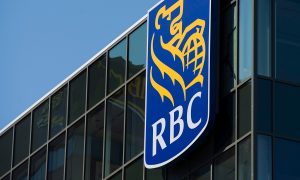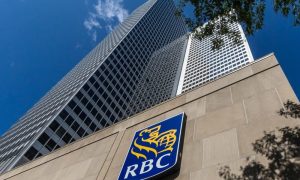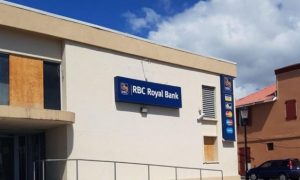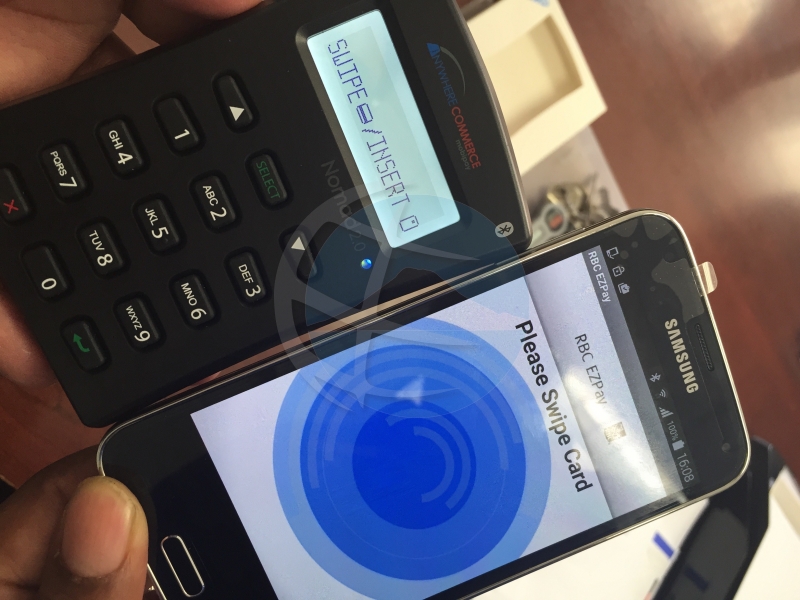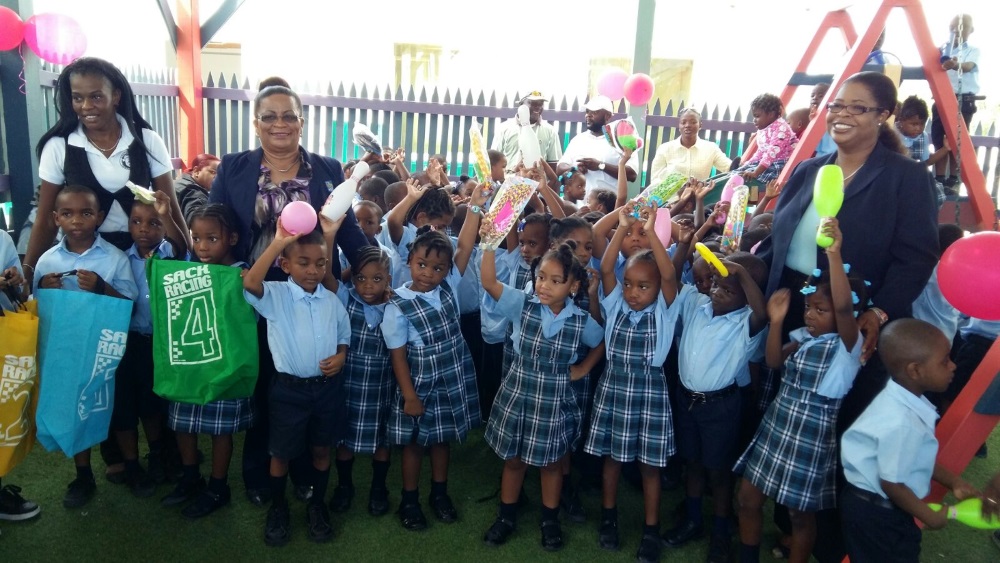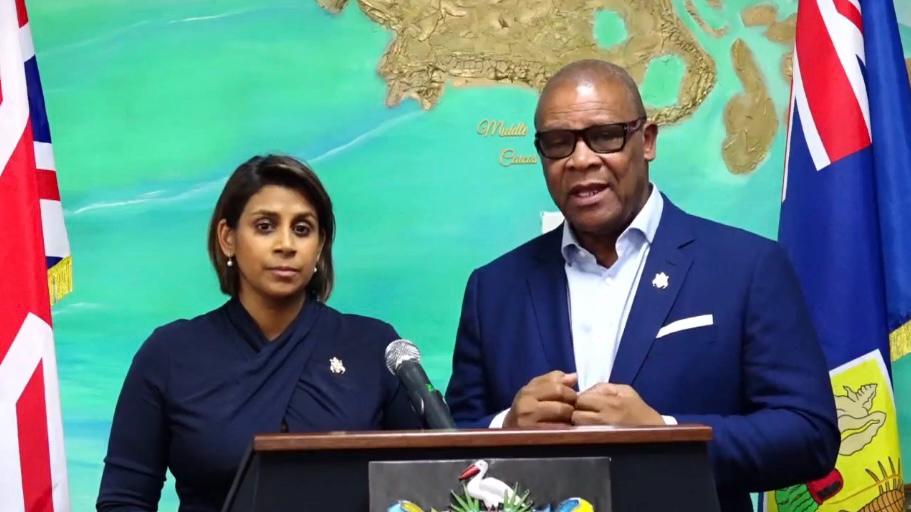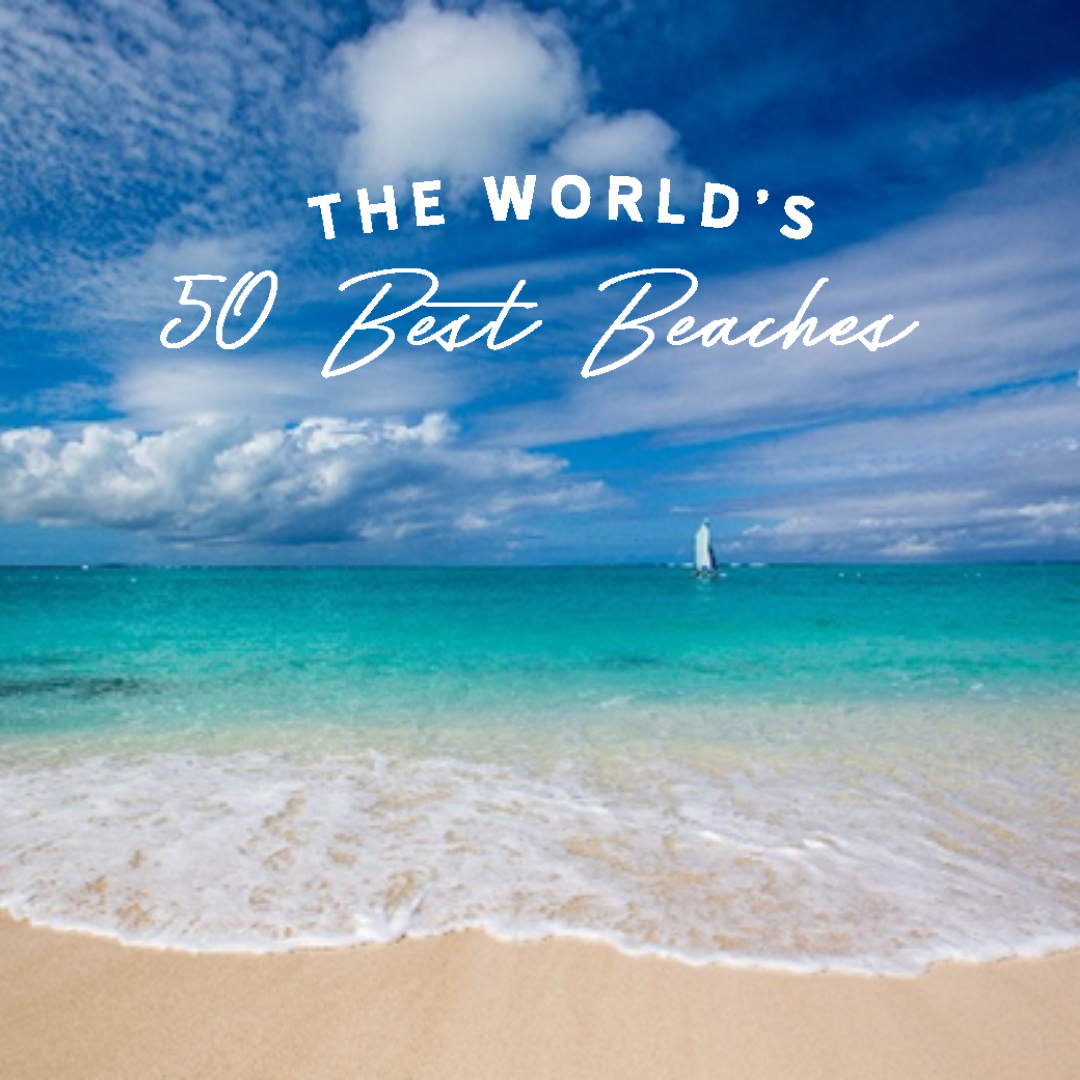Dana Malcolm
Staff Writer
#TurksandCaicos, May 2, 2024 – The family of a 16-year-old who died in Grand Turk six years ago while on a Carnival Cruise into Grand Turk is a little closer to closure as the Turks and Caicos Islands Coroner’s Court has opened his case for an inquest.
“On Wednesday, May 16th, 2018, at 11:30 a.m. Police and Emergency Medical Officials responded to a two-jet-ski collision that left a 16-year-old male dead, near the Cruise Terminal in Grand Turk. Two people were involved in the collision. The second male did not receive any injuries. This incident is under Police investigation.”
That was the brief police report in the aftermath of Nicholas Twyman’s death.
In the comments dozens of residents and visitors claim to have been on the scene that day, as the boy was pulled ashore, some trying to assist while others looked on, horrified.
Coroner Mickia Mills called up the case on March 21, 2024 almost six years after the incident occurred. Mills is in charge of finding out what exactly happened that day in Grand Turk and whether there was any negligence or if it was simply a terrible accident. 
That verdict will be for the coroner and her potential jurors to decide. However, the family has shared their version of what happened that day.
A lawsuit filed in Florida Courts in October 2019 (Twyman v. Carnival Corp) detailed the heartbreaking hours that led up to the death of Nicholas. In it, the plaintiffs, listed as Gyjuanna TWYMAN and Michael Twyman, claim that they docked in Grand Turk and were curious about using the jet skis; both parents and the son were told by the Carnival team aboard the ship that there was not a formal shore excursion in Grand Turk involving jet skis, but that jet skis would be available for rent by the hour.
The family from Indiana claims three jet skis were rented, one for Nicholas, another for his father, Michael, and another for a different passenger, while their mother remained ashore. Wet Money Enterprise is listed as the jet ski company.
The family says they were given little instruction on using the Jet Skis, especially their son who was a new rider. The lawsuit maintains that Michael was not given any instructions other than being told where the kill switch was and not to ride too close to the cruise ship.
Sometime during his excursion, the young man crashed into the other jet ski. The family claims that neither Carnival Cruises nor representatives from the jet ski company responded. They say it was his father who spun around on his own jet ski, dived into the water for his son, and brought him to shore.
Once there, it was the young man’s mother, a registered nurse, who started emergency medical care.
When Turks and Caicos’s EMS did arrive after 15 minutes the family claims they were unsure how to use certain medical implements and had to be directed by the distressed mother.
The court documents list the cause of death for the young man as blunt force trauma and drowning, similar to what is listed in the TCI courts.
Coroner Mills, who took up her position in 2024, will oversee the proceedings which continued on Tuesday, April 23rd.


 TCI News2 days ago
TCI News2 days ago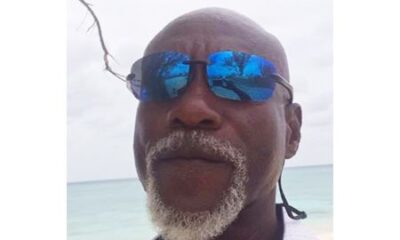
 Crime6 days ago
Crime6 days ago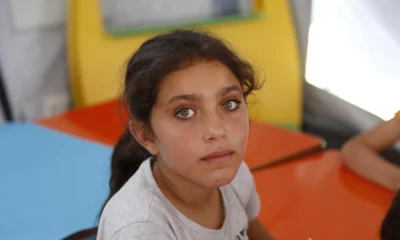
 TCI News6 days ago
TCI News6 days ago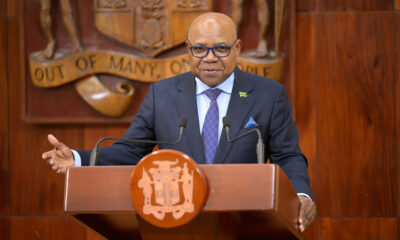
 Caribbean News5 days ago
Caribbean News5 days ago
 Bahamas News5 days ago
Bahamas News5 days ago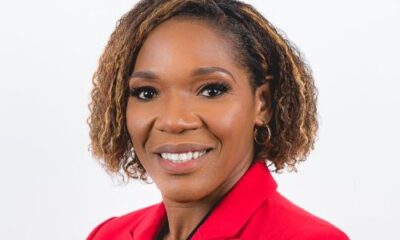
 Bahamas News6 days ago
Bahamas News6 days ago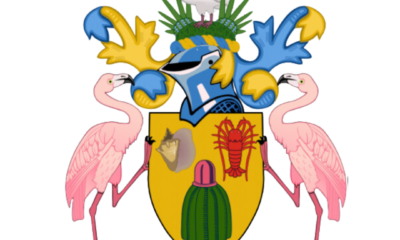
 Bahamas News4 days ago
Bahamas News4 days ago
 News6 days ago
News6 days ago
